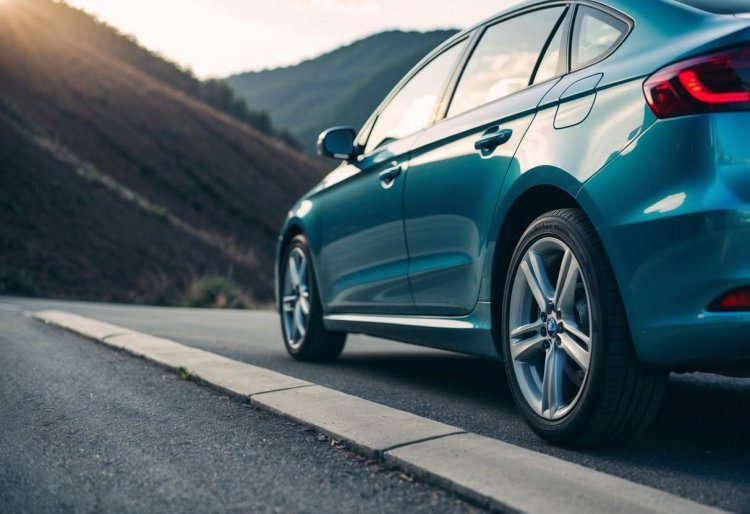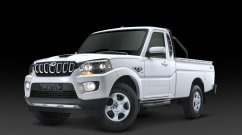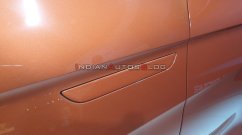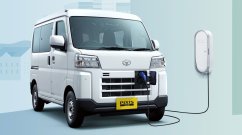Parking on a hill is a common scenario that many drivers encounter daily, but is it bad for your car? Parking on an incline does not inherently damage your vehicle if the right precautions are taken. The mechanisms such as the parking brake are designed to handle the car's weight even on steep slopes.
One key measure is to always turn your wheels appropriately - facing uphill, turn them away from the curb; facing downhill, turn them toward the curb. This simple step can prevent potentially dangerous rollaways. Regularly engaging your parking brake, whether on a hill or flat surface, ensures it remains functional and reliable.
Drivers should also be aware of the potential legal and insurance implications. In case your brakes fail and your car rolls off, it could result in responsibility for any damages. Proper hill-parking techniques are not just about safety but also about avoiding legal troubles. For more detailed steps and tips, check out these hill parking safety tips.
The Impact of Hill Parking on Your Vehicle
Parking on a hill can put added strain on your vehicle's components, especially the parking brake and transmission. These issues can lead to long-term wear and tear if not managed correctly. Understanding these risks is crucial for maintaining your car's longevity.
Understanding the Strain on Parking Brakes
Parking brakes are designed to hold your car stationary, but when parked on an incline, they have to work much harder. The constant pressure can lead to premature wear, reducing their effectiveness over time.
Engaging the parking brake properly is essential. Always pull the lever or press the button firmly to ensure it locks in place.
For added safety, it's helpful to turn your wheels in the correct direction. When parked uphill, turn them away from the curb. When downhill, turn them towards the curb. This technique prevents rolling and reduces the strain on the brake components.
Poorly maintained parking brakes increase the risk of car accidents. Periodically check and adjust the parking brake to ensure it functions correctly, especially if you frequently park on inclines.
Transmission Risks When Parked on an Incline
Parking on a hill can also impact your car's transmission. Automatic transmissions, in particular, rely on a small metal piece called a parking pawl to hold the car in place. On an incline, the added stress can wear out this component, potentially leading to failure.
Always engage the parking brake before shifting into park. This ensures the weight is supported by the brake, not the transmission. In manual cars, leave the car in the appropriate gear - first when uphill, reverse when downhill.
Relying solely on the transmission can cause long-term damage. The strain may lead to more expensive repairs down the road, especially if the parking pawl gets damaged.
Parking on a hill poses specific risks to both parking brakes and transmissions. Taking these precautions helps mitigate those risks and extends the life of your vehicle’s components.
Best Practices for Hill Parking
Parking on a hill involves specific techniques to ensure your vehicle remains stationary and safe. Key measures include using wheel chocks and selecting the correct gear.
Implementing Wheel Chocks for Added Safety
Using wheel chocks can significantly increase safety when parking on an incline. Wheel chocks are wedges placed against a tire to prevent movement, acting as a physical barrier to keep the vehicle from rolling.
These tools are particularly useful in areas with steeper slopes, such as certain neighborhoods in Dallas. The experts at https://www.reyeslaw.com/dallas/ can tell you more about this. Wheel chocks should be placed on the downhill side of the tires to be the most effective.
Metal and rubber chocks are commonly available options. Rubber chocks are often favored for their durability and non-slip properties. It is essential to use chocks that are appropriate for your vehicle’s size and weight.
The Role of Gear Selection in Preventing Rollaway
Proper gear selection is crucial for preventing the vehicle from rolling when parked on a hill. For vehicles with manual transmissions, engaging the first gear when facing uphill and reverse gear when facing downhill can add an extra layer of security.
Automatic transmission vehicles should always be left in "Park." Applying the parking brake is mandatory for both types of transmission to ensure stability.
In addition, turning the wheels toward the curb when parking downhill, and away from the curb when parking uphill, can further reduce the risk of rollaway. These steps help ensure that even if the brakes fail, the car will roll into the curb rather than into traffic.













